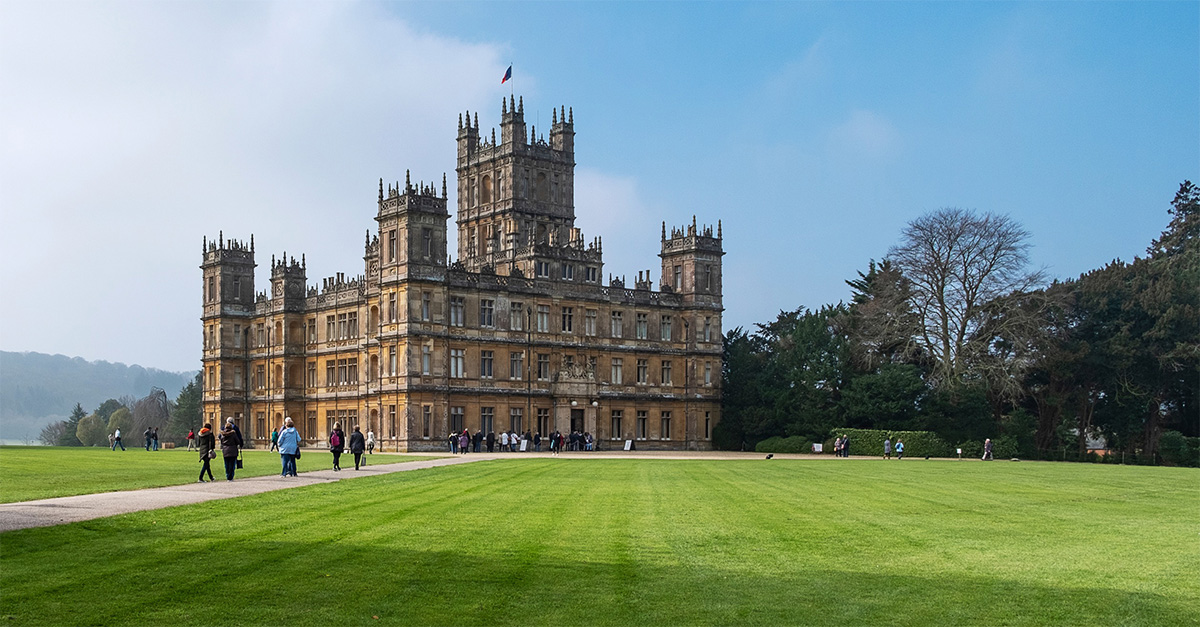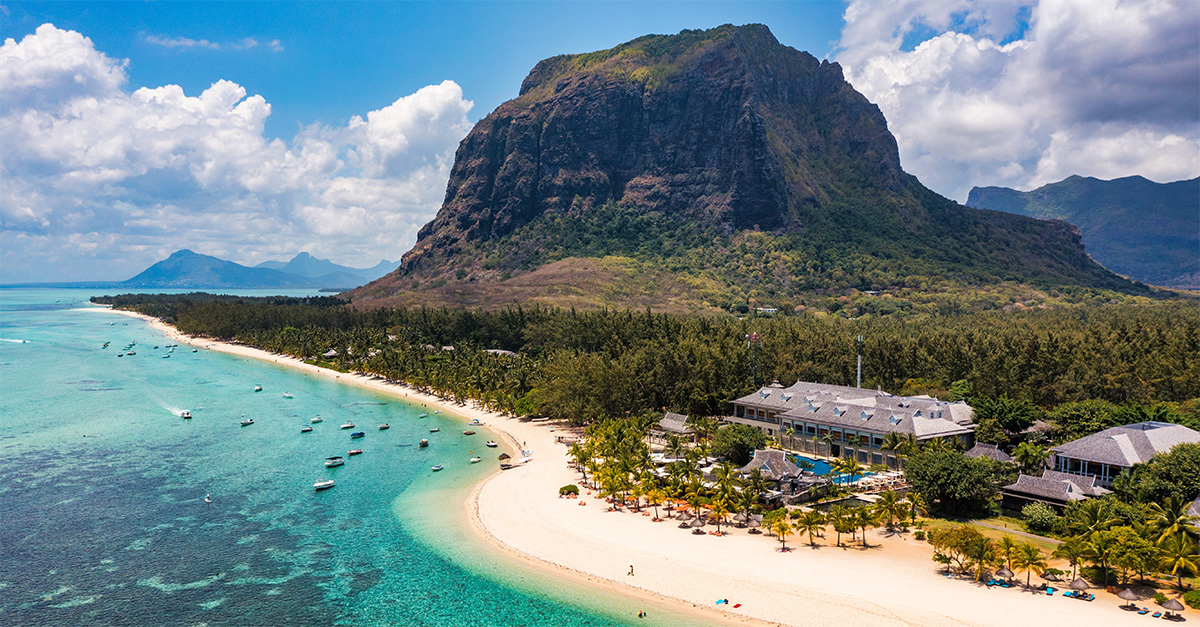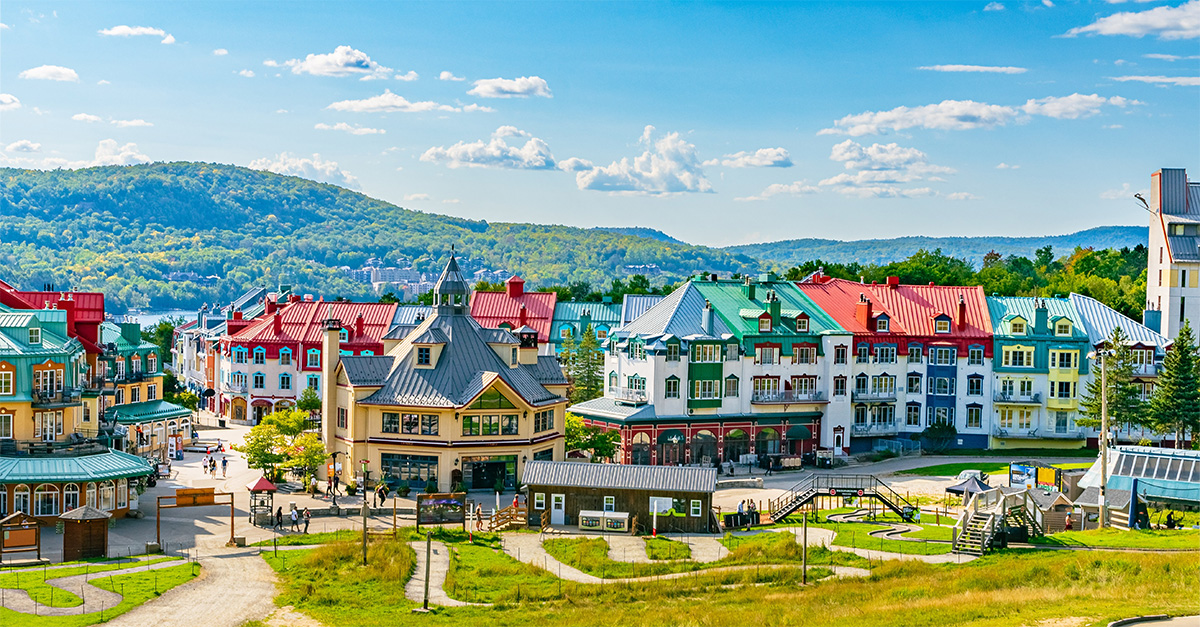Image credits: Dragoman
It’s better to give than to receive, but better still to do both, says Katie McGonagle
Like this and want more details? Click here to download and save as a PDF.
Sometimes it’s the simple things that make a holiday: tucking into a tasty meal in a local restaurant, chatting to people from the area or picking up a handmade souvenir from a craft stall.
As well as helping holidaymakers really get to know a destination, these are all ways to start engaging in responsible tourism. Forget digging a well in Africa or building an orphanage in India – those are admirable projects, but tourists don’t have to devote their entire holiday to hard work to make a worthwhile contribution to the community.
Adding a few simple elements can ensure local people get just as much out of a holiday as the holidaymakers, making a break even more enjoyable and leaving a positive legacy so tourism can continue to flourish in that area.
Take a look at our guide to the ways, big and small, visitors can give something back to the places they visit.
LOCAL PEOPLE, LOCAL PROFIT
Few international industries are better placed to make sure money goes back to the communities they visit than tourism. Intrepid Travel’s UK & Europe regional director, Daniel Pawlyn, says: “Intrepid’s responsible tourism approach is one of the top three reasons why repeat customers say they travel with us and, while new customers don’t always ask explicitly, they like to know their money is being spent locally.
“Using labels such as ‘responsible’ or ‘sustainable’ can give the impression that a trip is going to be worthy or boring, but nothing could be further from the truth. Being welcomed into the home of a local family, joining local people on public transport, and eating at street stalls are the ‘real life experiences’ that make a holiday memorable, and give travellers a sense of discovery. By highlighting this, agents will find it easier to sell responsible travel.”
Fellow adventure operator Explore also tries to eat, sleep and travel in ways that benefit the community financially. Its Inca Trail Teen Adventure, for example, gives clients the option of a night in the Andean village of Misminay, home to many porters working on the trail. Similarly, 70% of Dragoman’s Machu Picchu hikers opt for its Community Inca Trail, bypassing the classic route for a three-day trek staying in local villages to learn about the Quechua culture and helping with projects such as tree-planting, education and housing.
Learning how local goods are produced also offers a fascinating insight into an area’s way of life – and vital income for local producers – which is why Rainbow Tours’ Responsible Travel in Guatemala combines classic sightseeing with visits to sustainable coffee producers, rural craft stalls and a textile co-operative.

RESPONSIBLE RESORTS
Hotels are proving they value their local roots too: guests at Sensatori Mexico start the day with ‘jungle jams’ made by Mayan women from Chumpon and served at breakfast or to take home, while sister property Sensatori Crete sources half its ingredients on the island and offers guests a chance to buy from local producers and craftsmen at in-resort Taste of Crete events.
In Vietnam, the team at Banyan Tree’s Laguna Lang Co has been following Jamie Oliver’s example – or maybe it’s the other way round – with a concept similar to his ‘Fifteen’ restaurant chain. The hotel’s Seedlings restaurant is staffed by trainees from the Hanoi-based Koto Foundation, teaching underprivileged youngsters the skills for a successful culinary career. Similarly, Centara recently won a Pata award for its programme offering hospitality training and jobs to under-privileged or disabled youngsters.
Some hotels even take direct donations: Movenpick Hotel Ramallah in Palestine offers guests the option of adding $1 to their bill in aid of the Huda Al Masri Paediatric Cancer Department, while Four Seasons Resort Costa Rica funnels donations into its school outreach programme and suggests guests keen to help bring a backpack filled with school supplies.
The latter idea is central to Pack for a Purpose, a simple initiative which tells guests exactly what’s needed in the area they are visiting, whether it’s pencils and exercise books, footballs or children’s clothing; visit packforapurpose.org for details.
TIME FOR CHANGE
One of the most valuable things a traveller can give is time. As well as integrating sustainable principles across its portfolio, Exodus runs volunteering trips to Morocco and Zambia. In the former, visitors spend three days working alongside local people in remote village Tijhza, where the operator has worked since 2000, in anything from digging irrigation channels to extending the local school. In Zambia, guests can volunteer at Kampasa school in a Lusaka shanty town or the rural Sangwani school before sightseeing at Victoria Falls and going on safari in Botswana.
For a longer project, The Gambia Experience has a new partnership with specialist organisation People&places, offering projects lasting four weeks or longer.
Travellers who want to lend a hand but don’t have that kind of time can try a shorter excursion. Sandals’ Reading Road Trip ($20 through Island Routes Adventures), for example, spends two hours at one of the Sandals Foundation’s adopted schools.
African luxury operator Volcanoes Safaris is similarly involved with Mwiko School, plus a coffee co-operative and beekeeping project, and invites guests to visit.




